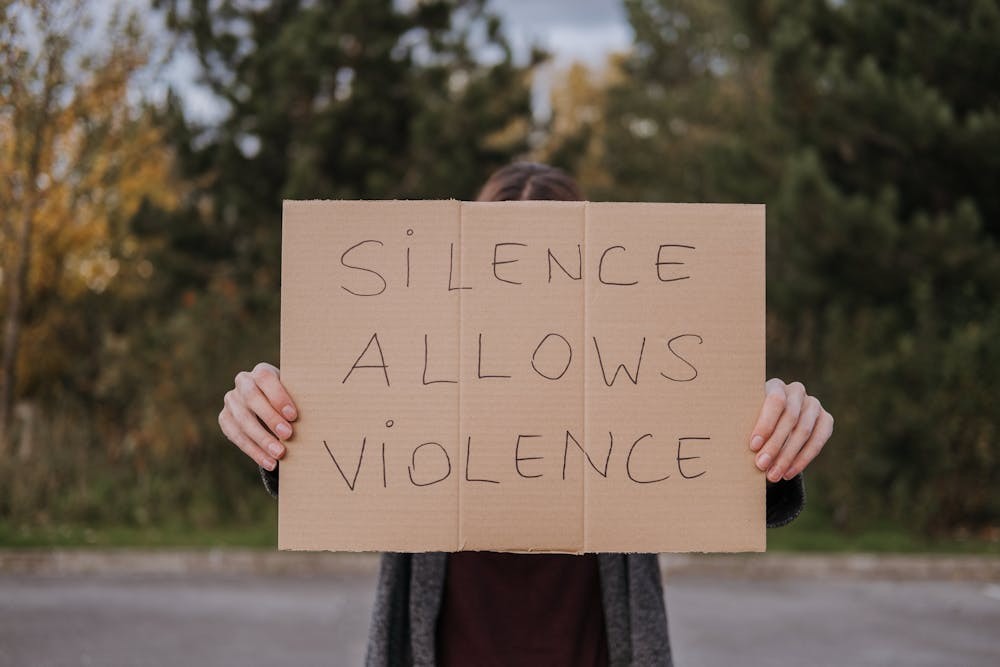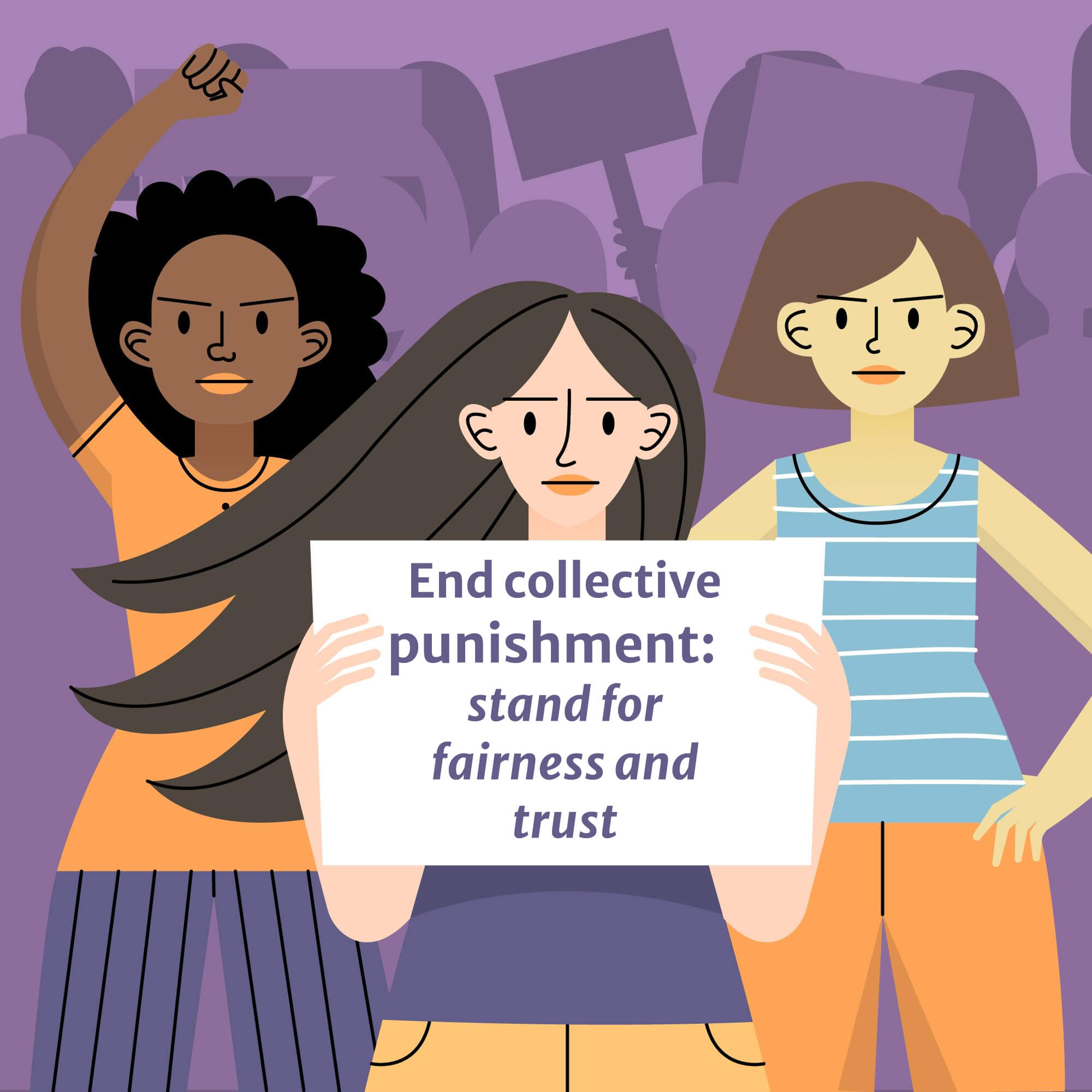Filing an appeal in the Vancouver School District is not for the faint of heart. It’s like falling on glass slowly. Emotionally draining by design. But for some families, it is the only path left. I’ve filed several myself. Sometimes, my child got a little more support. Other times, I walked away empty-handed but still convinced it mattered. At the very least, an appeal is a paper record of resistance—evidence that we asked, insisted, pleaded for our children to be included.
This is not a policy guide. It is a map—written in grief.
You begin in the hallway
Your child won’t go in. He’s running. He says he wants to go to school, but the school makes him feel unsafe. You sit on the floor in the hallway, still and soft-voiced, trying to be the safest thing in the room. The staff chase. You try not to cry.
Then come the escalations. A suspension that’s not a suspension. A “break” from school that stretches for weeks. A partial return—just one hour a day, in a windowless room, without his classmates.
You keep writing. You ask for meetings. You are careful. Respectful. Clear. You explain what the paediatrician said. You send reports. You ask for a Patch, or UIP. You use their acronyms. You learn a new language.
They say they’re doing their best. That budgets are tight. That staffing is hard. That he seems fine once you leave.
You try to trust them. You try to believe the plan they outline might work. But it doesn’t. Support disappears. The classroom evacuates when your child melts down. You’re called to come get him. They say they might call the police. You live in fear of every phone call.
You write ten emails and are called aggressive. You feel devastated and unhinged.
The district
Eventually, you realise the school won’t act. So you go up the chain. You write the district. You attend meetings. You are careful and clear. You cite policy. You say things like “barriers to access” and “failure to accommodate.” You try not to let your voice shake.
They’ll ask if your child is medicated, if you’ve tried therapy, if you’ve worked on your parenting. But the question isn’t what you’re doing. It’s what the school is doing to ensure your child can learn.
The district listens. And delays. And asks for more documentation. You send more. You start to keep a file. A spreadsheet. A log. You begin to feel like you are slowly drowning in words no one reads.
Your child becomes a profile. A folder. A burden passed between inboxes.
You decide to appeal
You reach the edge. You can’t do another meeting that ends with nothing. So you file a Level 1 appeal.
The form is simple. The process is not. You must appeal a specific decision made in the past 30 days. So you comb your emails. You find the sentence. A decision to not provide additional staff support.
You write your statement. You include the dates. The requests. The refusals. You explain how your child is being excluded—how support that should be there is not. How inclusion, without support, is not inclusion at all.
You gather evidence. Each paper has cut a strip off your child. It’s not just documentation—it’s grief, collated.
You go to the meeting
You bring someone with you. You wear something tidy. You rehearse your tone. You prepare your notes and you cry and cry.
You are told to be brief. You are told to be respectful. You are told that your concerns are being taken seriously.
Staff have said before that my communication style is too much. Too detailed. Too intense. But it’s an autistic style—overexplaining because it matters. Getting upset because it hurts. Because you are not being heard.
You speak. They nod. They ask questions. You reframe. You clarify. You smile too much. You leave the meeting shaky and hoarse, unsure if anything landed.
Then you wait.
The outcome may not be what you hoped
Sometimes, they grant more support. Sometimes, they offer a compromise. Sometimes, they say no.
You can escalate. You can keep going. But at some point, many families stop—not because they were wrong, but because they are tired. Because the child needs to be protected from the collateral damage of endless advocacy. Because you’ve run out of hours, or tears, or faith.
You think about the time your child had to do school in a storage closet while the other kids learned in a bright classroom. You think about your daughter clinging to you at drop-off, crying not to be left behind. You think about your career, your health, your future—held hostage by a system that said it was inclusive.
And yet, you did something
Even if your appeal fails, it exists. It interrupts the myth that everything is working. It marks the moment you said: this is not okay.
You have made it harder for them to pretend. You have put it in writing. You have refused to disappear. You made your child’s needs visible.
If you are on this path, know that others have walked it too. And that every page you write, every refusal you document, is a step toward something better—if not for now, then for those who come after.
Related news
-
The fallout of regressive discipline: from community trust to mental health
In schools across British Columbia and beyond, discipline often unfolds not as a considered intervention tailored to individual needs, but as a blunt, collective act that seeks to restore order quickly by suspending joy or opportunity for all. The cancellation of recess, the…
-
The paperwork trap: when doing everything right becomes your downfall
When parents follow every rule, cite every policy, and document every meeting in the British Columbia public school system, they are often framed as adversaries, not allies. This essay explores how procedural knowledge becomes a liability, how the IEP process punishes fluency as…
-
Shattered pathways of parent advocacy in BC’s public schools
It’s time to riot in the streets. We have tried everything else and our children are still being hurt. The existing systems of appeal and escalation are ineffective, more focused on preserving the institution than delivering justice. It’s time to end the engineered…
-
Why families feel betrayed when they finally reach the school board
An editorial reflection and response to The Canary Collective’s July 29 post When families reach the end of their rope with a school—when they’ve tried everything they can think of and their child is still suffering—the next instinct is often to go higher. In…
-
Vancouver School Board’s Urgent Intervention Process – purpose, process, and controversy
The Urgent Intervention Process (UIP) – formerly known as the Multi-Interdisciplinary Support Team (MIST) – is a Vancouver School Board (VSB) initiative designed to provide rapid support for schools dealing with students with extremely challenging behaviours or acute needs. The program was expanded in the mid-2010s…
-
$10K and an NDA
Would 10K and an NDA make the most excellent name for a country song? I didn’t file a Freedom of Information request to stir conflict — I filed it because nothing made sense, and I needed a clue, any thread at all, to…
-
The path to justice: legal versus public record
The courts may offer compensation, but rarely truth. The legal path demands silence in exchange for settlement. The public path asks you to speak while you’re still bleeding. Neither is easy. But only one builds a record that helps the next family survive.
-
A costly legal habit at the Vancouver School Board
As families fight for inclusive education and basic classroom support, the Vancouver School Board is pouring millions into legal fees—more than triple what it spent just a few years ago. Public records reveal a dramatic spike in payments to Harris & Company, the…
-
Grace and the weight of a meeting
I felt so hopeless in that meeting. Underneath all the patronising words and well-meaning smiles, I could feel the same machinery at work—the one that asks disabled children to be gracious in the face of dismissal, polite in the face of erasure, composed…
-
Right to no discrimination
Every child has the right to learn and belong at school without being treated unfairly because of who they are. In British Columbia (B.C.), this Right to No Discrimination means public schools must welcome all students on equal terms, regardless of their race, Indigeneity, colour, ancestry,…

















